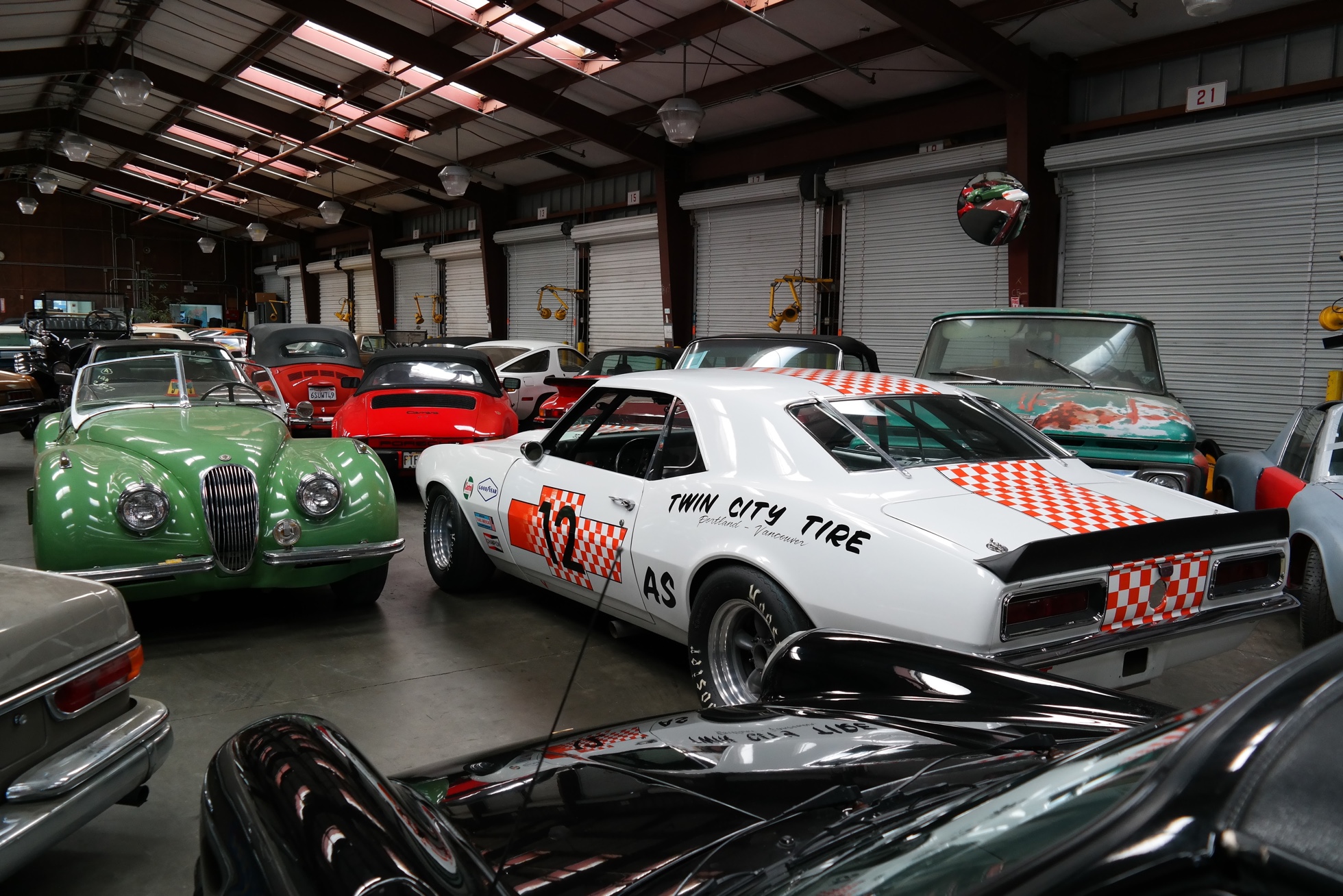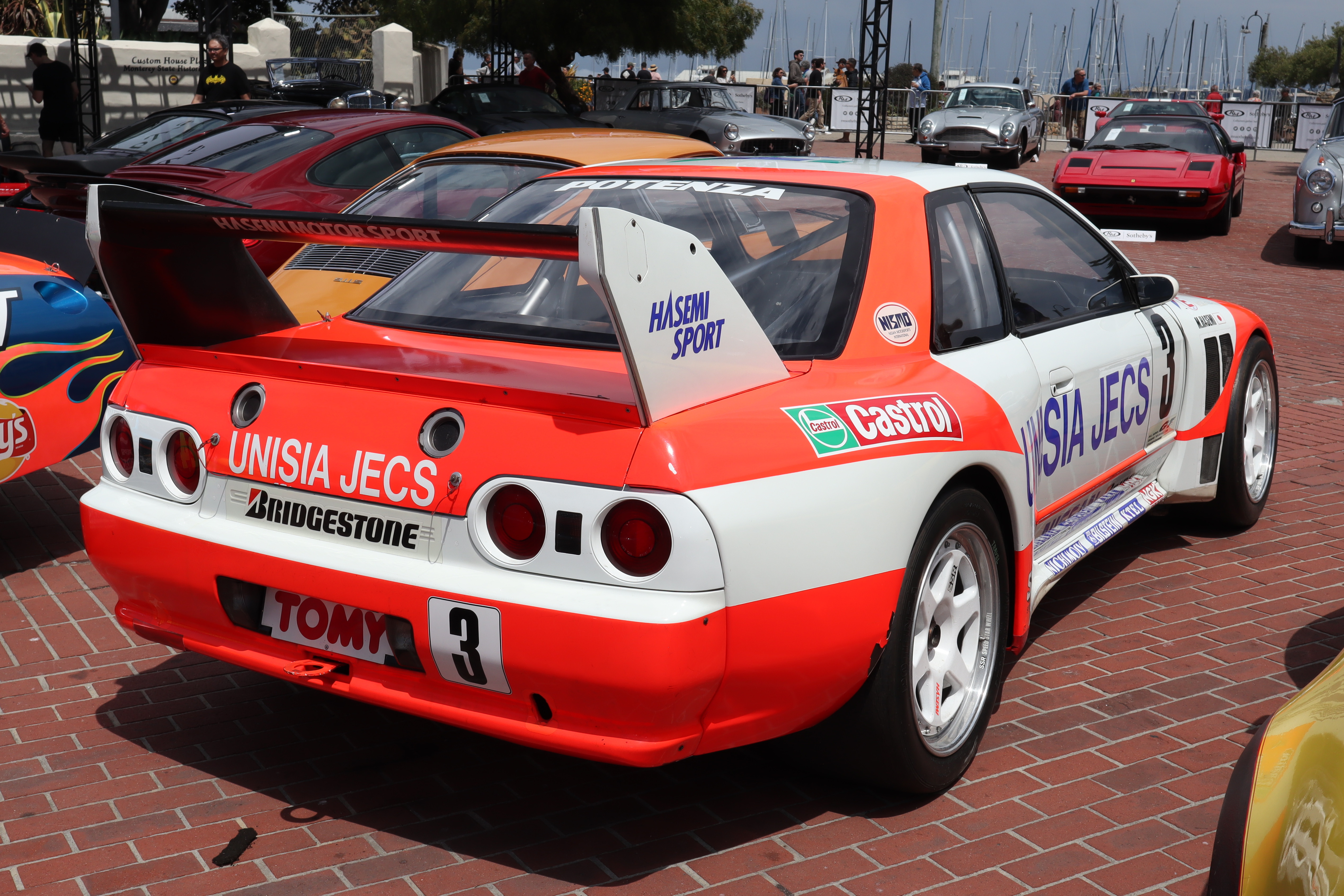25-Year Exemption Fuels Classic Car Import Boom in 2025
In April 2025, as the U.S. implemented a 25% tariff on imported vehicles, an unexpected trend emerged: a 37% year-over-year surge in classic car imports. This counterintuitive boom is fueled by the 25-year exemption rule, which allows vehicles manufactured in 2000 or earlier to enter the U.S. tariff-free. For collectors and enthusiasts, this loophole has turned 1999–2000 models into the new frontier of automotive investment, particularly for Japanese Domestic Market (JDM) icons and rare European performance cars.
Why 1999–2000 Models Are Dominating the Market
The 25-Year Rule in Action
The 25-year exemption exempts vehicles over 25 years old from both tariffs and federal compliance requirements. With 2025 marking the eligibility of models built in 2000, previously restricted cars are now flooding the U.S. market:
| Model | 2024 Avg. Price | 2025 Avg. Price | Increase |
|---|---|---|---|
| 2000 Honda S2000 AP1 | $28,000 | $38,500 | 37.5% |
| 1999 Nissan Skyline R34 | $85,000 | $120,000 | 41% |
| 2000 BMW Z8 | $220,000 | $275,000 | 25% |
JDM Legends Leading the Charge

Japanese models from 1999–2000 are particularly sought-after due to their combination of performance, rarity, and cultural cachet:
-
Nissan Skyline GT-R R34: Only 11,578 units produced; U.S.-eligible examples now command $120k+ at auction.
-
Toyota Supra (A80): Final year of production; unmodified examples fetch 20% premiums over modified counterparts.
-
Mazda RX-7 Spirit R: Limited to 1,500 units; prices have doubled since becoming eligible in January 2025.
European Gems Gaining Momentum
While JDM models dominate headlines, European classics are quietly appreciating:
-
BMW Z8: Early 2000 models now eligible, with values up 25% in 2025.
-
Mercedes-Benz CLK GTR: Just 25 road cars exist; one sold for $2.1M at Monterey Car Week 2025.
Success Stories: Tariff-Free Triumphs
Case Study: 1999 Nissan Stagea 260RS Autech

A Seattle-based collector imported this JDM wagon (1 of 492 made) for $32,000 in March 2025. After minor refurbishment, it sold for $58,000 at a Texas auction-an 81% return in 60 days.
European Coup: 2000 Porsche 911 GT3 Clubsport

A Miami dealer used the temporary import bond process to bring in a German-market Clubsport for the Amelia Island Concours. The car sold pre-event for $295,000, avoiding $73,750 in potential tariffs.
Shipping Strategies for 25-Year Exempt Vehicles
1. Prioritize Enclosed Transport
As detailed in our container vs. RoRo guide, enclosed shipping is critical for preserving:
-
Original paint on low-mileage JDM cars
-
Fragile components in European exotics
-
Investment-grade interiors
2. Leverage USMCA for North American Sourcing
Vehicles originally sold in Canada/Mexico often qualify for additional exemptions under USMCA rules:
-
1999–2000 Acura Integra Type-R (Canadian-market)
-
2000 BMW M5 (Mexican-delivered examples)
3. Documentation Essentials
-
Original Build Sheets: Prove manufacturing date for CBP
-
Auction Reports: Required for Japanese imports
-
EPA/DOT Exemption Forms: Filed electronically pre-shipment
The Future of 25-Year Imports
With 2026 opening the door to 2001 models like the E46 BMW M3 and Honda NSX Type-S, strategic collectors are already:
-
Placing deposits on Japanese warehouse finds
-
Securing EU storage for future-eligible Porsches
Ready to capitalize on the 25-year exemption?
Our team specializes in sourcing, shipping, and compliance for 1999–2000 classics. Contact us to start your tariff-free import journey.
You May Also Like
These Related Stories

Classic Cars Exempt From 25% US Car Import Duty - Collectors Rejoice!

JDM Classic Car Exports: Leveraging the US 25-Year Rule
_2.webp)
-093789-edited.png?width=220&height=79&name=wcs_final_logo_(1)-093789-edited.png)
